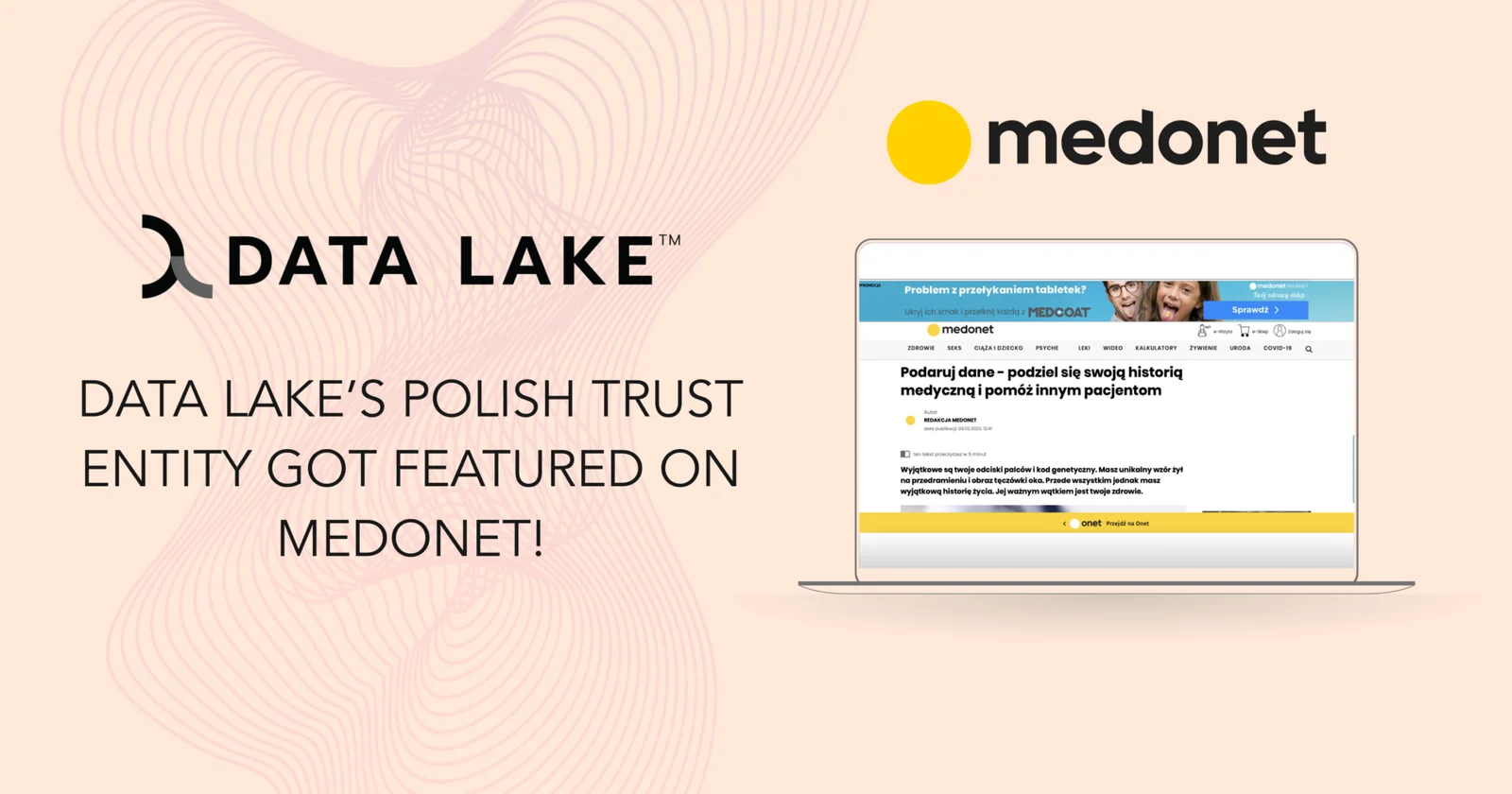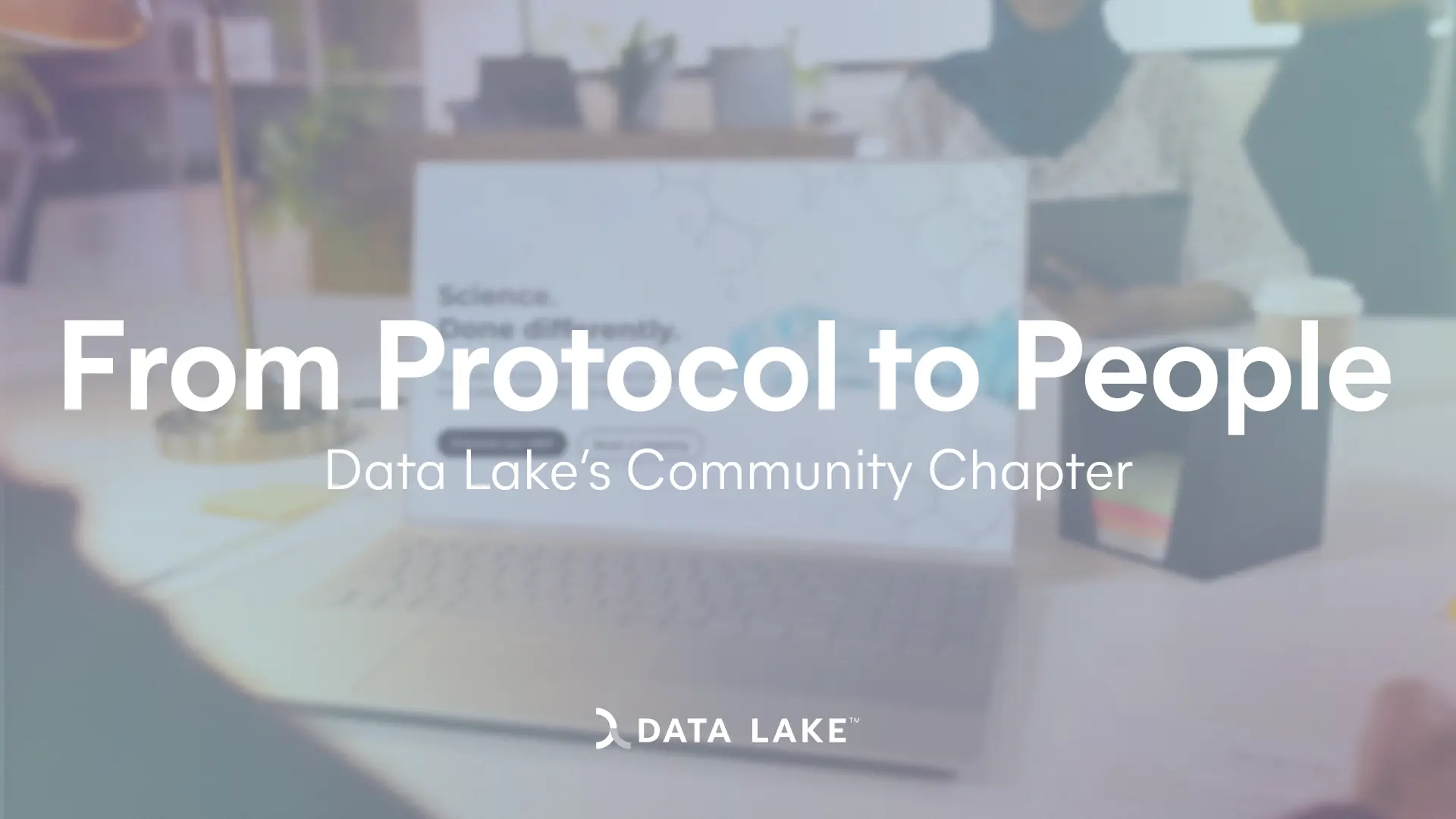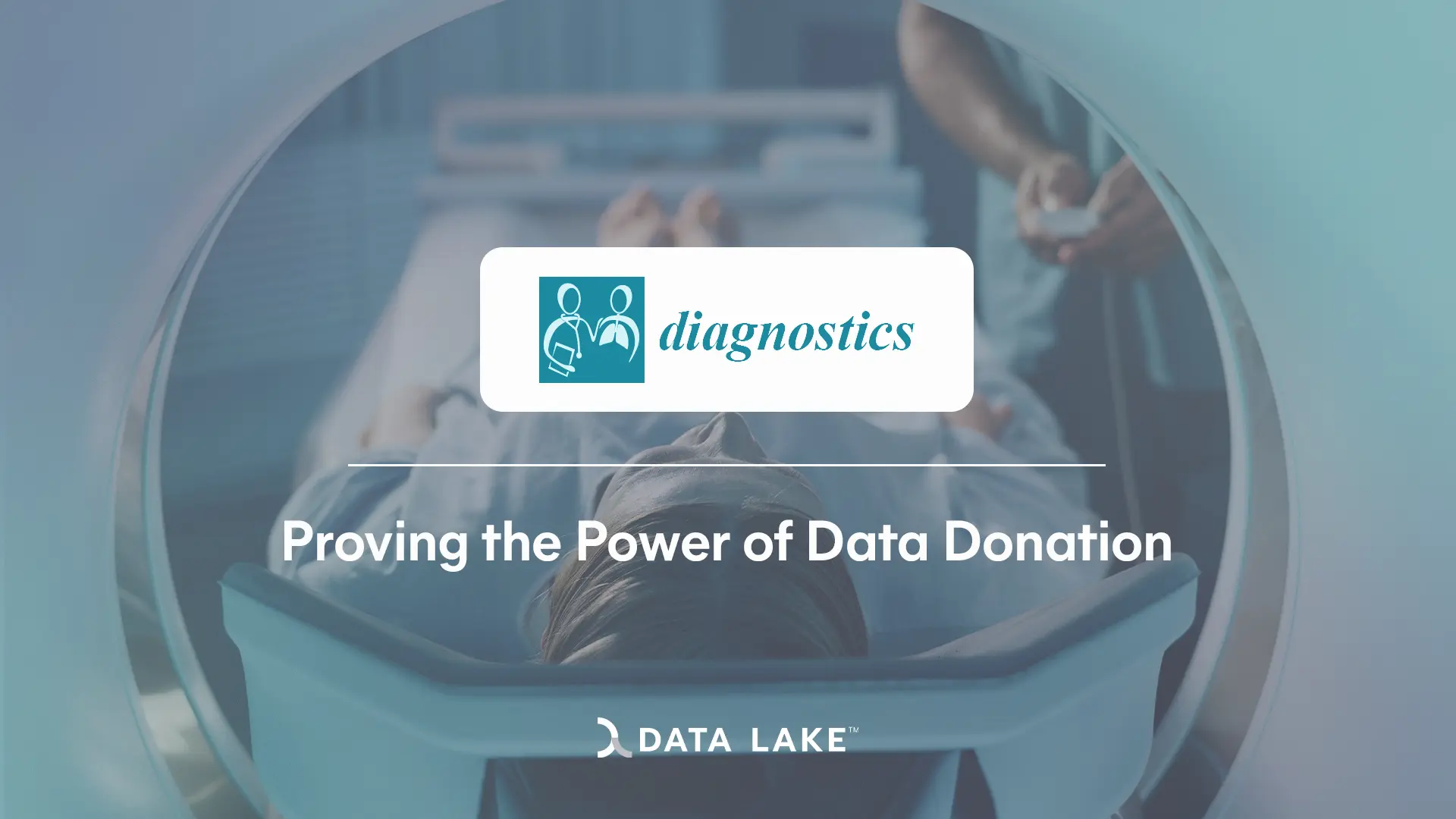Fundacja Podaruj Dane (Polish for “Donate Your Data Foundation“) is a non-profit organization that acts as the trust entity for Data Lake’s medical data donation ecosystem in Poland. We’re pleased to announce that the organization has been recently featured in an article on Poland’s premier healthcare news site, Medonet.pl.
Medonet is one of Poland’s oldest health services, and Medonet.pl – with its 70 million monthly views – is the go-to site for Polish patients to access information about health and welness.
The article, titled “Donate data – share your medical history and help other patients“, emphasizes how each patient has a medical history that – when shared with researchers – can contribute to the discovery of new drugs and treatments, and ultimate help save lives. It also provides readers with an explanation on how our global medical data donation system has made it possible for people to donate their medical data in a way that is fair, democratic, and in line with EU legislation such as the GDPR and Data Governance Act.
An important voice in the discussion about ethical access to medical data is the Patient Rights’ Ombudsman, who states in the article that “an informed and voluntary consent is a golden standard for accessing medical data.“
We at Data Lake are confident that this collaboration between the Donate Your Data Foundation and Medonet will help to further raise awareness of our ecosystem in Poland, and potentially reach millions of Polish patients who can donate their data to medical research today.




